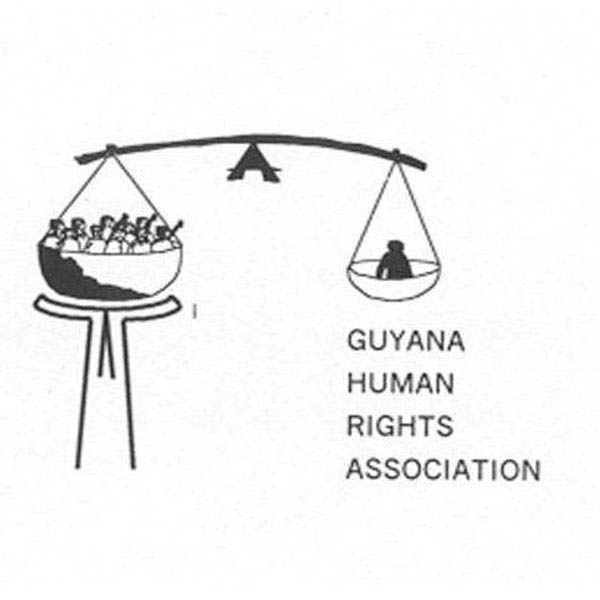The Guyana Human Rights Association (GHRA) has come out strongly against the US-funded electoral reform process to be implemented by the International Republican Institute (IRI).
In a statement yesterday, the GHRA described the timing of the project as “wrong”, the implementing agency as “unacceptable” and labeled the preparatory work as “having not yet begun”.
Describing itself as being in an unusual position of opposing the reform project, the GHRA in a press release said that it is concerned that “moving forward on this project will not only fail to achieve its goal but will also further postpone the prospects for the future reform that Guyana so badly needs”. The GHRA said that “it remains a wholehearted supporter of electoral reform,” but “electoral reform, like the aftermath of a building ravaged by fire, needs a period of cooling off before sustainable reconstruction can succeed.”
The selection of the IRI to lead the electoral reform project, says GHRA, is a “bizarre choice.” The GHRA said that the IRI’s Board members are a veritable who’s who of the Republican establishment, including party grandees such as Senators Lindsay Graham, Marco Rubio, Mitt Romney and Dan Anderson. With the exception of Romney, the release said, none of the other IRI stalwarts have publicly distanced themselves from the Trump-led mayhem following the November US election results, nor from the persecution of Republican Congresswoman Liz Cheney for doing so, nor from the on-going Republican campaign to disenfranchise voters in traditionally democratic States. The release stated that “Guyanese have nothing to learn from an institution whose parent body is a leading influence in global fascism.”
Addressing the lack of preparatory work, GHRA said in its press release that “in political terms, the foundational work for electoral reform consists of building compromise across all sectors,” and “this is the preparatory task which should begin immediately.” The release describes the current situation of non-cooperation on Boards and Committees which characterizes both the current and past Parliamentary opposition as “not the kind of leadership a compromise-oriented society needs. Current prospects for compromise are not encouraging. Imaginative and courageous political leadership is in short supply on all sides.”
The GHRA stated that if external electoral assistance is needed in Guyana, “CARICOM in general and Jamaica in particular, would be the place to start.” GHRA concluded that the IRI-led project should be suspended.
The project was announced on May 4th by the US Embassy here which said the U.S. Department of State is supporting an 18-month project to strengthen the capacity of the Guyana Elections Commission and the Attorney General’s Chambers regarding electoral processes, and to encourage civil society organizations (CSOs) to advocate for electoral reform in accordance with regional and international standards.
“Through this project, GECOM, the Attorney General’s Chambers, and Guyanese CSOs will collaboratively consolidate and improve local electoral and constitutional law knowledge, establish an internal timeline to address electoral reform, improve collaboration for joint advocacy actions, and prioritize electoral and constitutional law issues while promoting reform through citizen engagement”, it said.
The Trump administration had played a key role in ensuring the upholding of fair elections here and Washington had gone as far as issuing visa sanctions against persons seen to be interfering with the democratic process. Numerous statements also flowed from key officials including former Secretary of State, Mike Pompeo.
The project is part of ongoing USG support to strengthen the capacity of Guyana’s governance for the benefit of all Guyanese.






